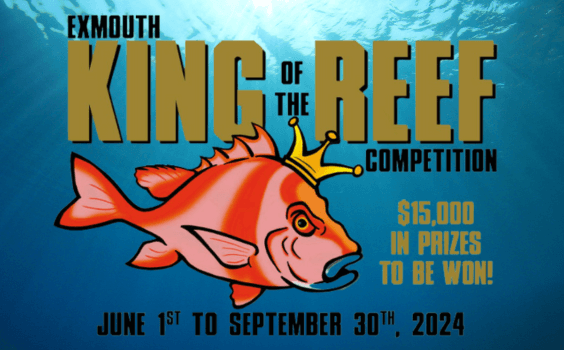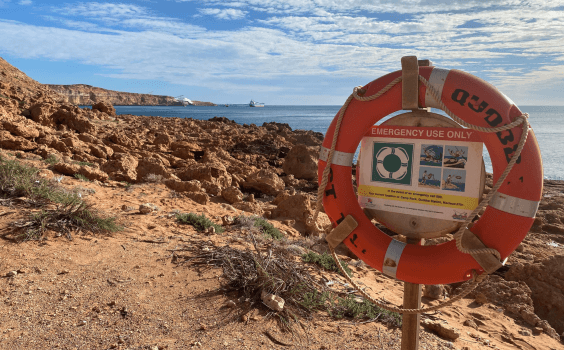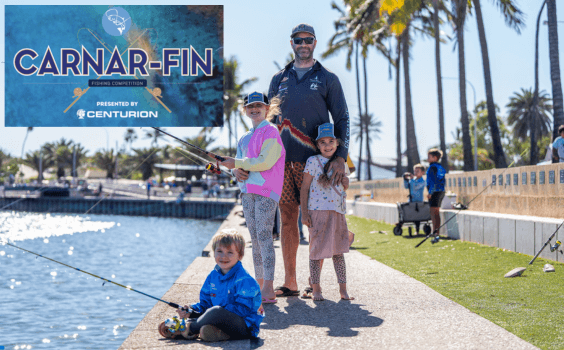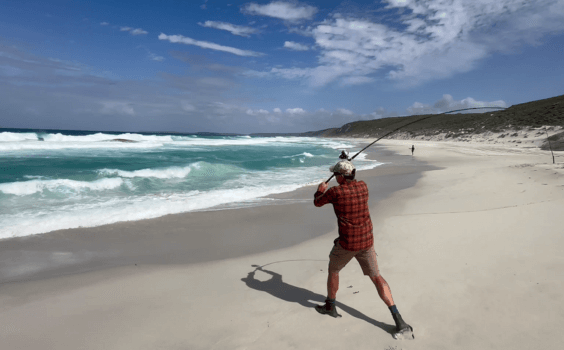Recfishwest’s partnership with The Nature Conservancy Australia, University of Western Australia and South Coast Natural Resource Management to help bring back the oyster reefs in Oyster Harbour in Albany is starting to pay dividends. Habitat restoration is important to Western Australian recreational fishers and it is hoped the project will help secure the return of the oyster reefs which were once a thriving and abundant part of the Oyster Harbour underwater seascape.
 These reefs, which were almost completely removed over 100 years ago by dredging, provided complex habitat for fish as well as filtering water and capturing nutrients. However, like in many bays and estuaries across Australia, Oyster Harbour’s abundant oyster reefs have been lost. This project, which is partially funded by fishing licence fees through the Recreational Fishing Initiatives Fund, aims to identify and restore oyster reefs to help to improve recreational fishing, biodiversity and water quality in Oyster Harbour.
These reefs, which were almost completely removed over 100 years ago by dredging, provided complex habitat for fish as well as filtering water and capturing nutrients. However, like in many bays and estuaries across Australia, Oyster Harbour’s abundant oyster reefs have been lost. This project, which is partially funded by fishing licence fees through the Recreational Fishing Initiatives Fund, aims to identify and restore oyster reefs to help to improve recreational fishing, biodiversity and water quality in Oyster Harbour.
As the project works towards large-scale restoration efforts from next year onwards, this month a trial plot of native flat oysters will be placed in Oyster Harbour. Around 6000 juvenile oysters which were raised on recycled bivalve shells at Frenchman Bay hatchery in Albany, will now be placed onto new rubble reefs. These new rubble reefs are being placed onto the harbour floor to provide a foundation for the juveniles to grow on and develop into new oyster reefs, providing high-quality fish habitat and a great new fishing spot for species like black bream and whiting.
This project marks the second stage of The Nature Conservancy Australia’s (TNC) Great Southern Seascapes program. TNC has already embarked on an Australian-first pilot program testing a range of reef restoration methods based on successful overseas reef restoration programs, in Victoria’s Port Phillip Bay. Recfishwest recognises that healthy waterways underpin healthy fish stocks and we strongly support protecting and restoring fish habitat to ensure enjoyable experiences for the hundreds of thousands of West Australians who like to wet a line.





